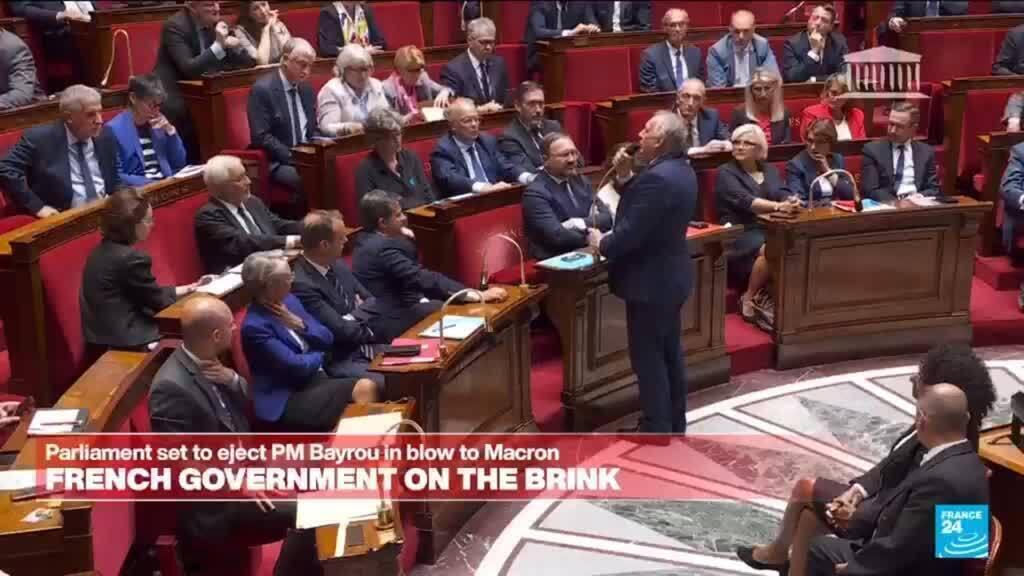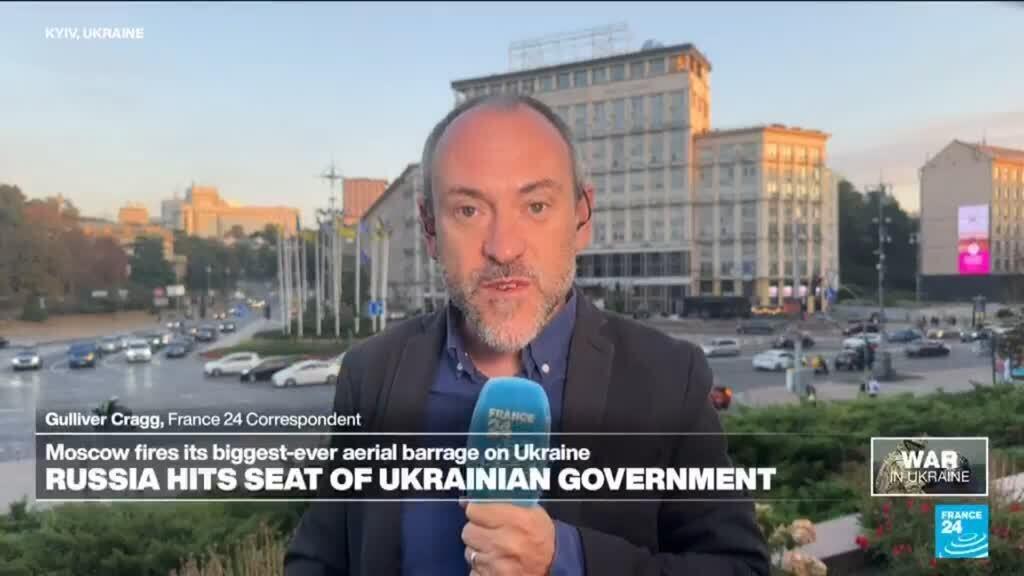In a recent segment aired on FRANCE 24, host François Picard engaged in a discussion with Renaud Foucart, an economist and senior lecturer at Lancaster University Management School, concerning the state of France's economy and government policies. The conversation came as France's Prime Minister made a critical last-ditch appeal to the French Parliament, emphasizing the urgency of addressing the country's growing debt crisis.
During the dialogue, Foucart expressed his skepticism regarding previous statements made by François Bayrou, who had warned that the International Monetary Fund (IMF) had begun to monitor France closely due to its fiscal situation. While he cast doubt on the severity of Bayrou's claims, Foucart agreed on the pressing need for France to tackle its debt levels proactively. He pointed out that the issue of public debt can no longer be overlooked and likened the current scenario to the analogy of a "boiling frog," where gradual issues can lead to catastrophic consequences if not addressed in a timely manner.
Foucart elaborated on the implications of the rising debt, stating that the country is at a crucial juncture where immediate action is necessary. He outlined how unchecked debt can lead to higher borrowing costs, reduced public spending capabilities, and ultimately jeopardize France's economic stability. The economist underscored the necessity for comprehensive reforms away from populist measures, which he views as short-term solutions that could exacerbate the situation in the long run.
The discussion highlighted the complexities involved in managing public finances while maintaining socio-economic stability. Foucart emphasized the importance of balancing fiscal responsibility with the welfare needs of the French population. According to him, the government must adopt a transparent, equitable approach to financial reform, ensuring that future policies do not unfairly burden disadvantaged social groups.
A point of contention raised during the conversation was the potential impact of austerity measures. Foucart was careful to advocate for reduction strategies that avoid harsh austerity, which could further alienate the populace and stifle economic growth. Instead, he encouraged a focus on effective investment in growth sectors that could spur job creation and improve productivity.
Additionally, the economist urged the government to engage in a constructive dialogue with all stakeholders, including labor unions and business leaders. By fostering collaboration, he believes that France can formulate a balanced and sustainable approach to reducing debt while also driving economic recovery. He stressed that public trust and involvement in the reform process are vital for its success.
Indeed, the backdrop of rising public discontent and ongoing protests has made the discussion surrounding fiscal reforms in France increasingly contentious. Foucart noted that the upcoming decisions by the government could either pave the way for recovery or precipitate further unrest among citizens who feel the burden of economic policies unfairly. He called for targeted interventions that cushion the effects of debt reductions on the most vulnerable populations while still pursuing fiscal stability.
In summarizing the current state of affairs, Foucart articulated a clear vision for France's economic future: one that harmonizes fiscal prudence with social equity. His insights reflect a profound understanding of the broader implications of economic policies not only for the government but also for the French populace as a whole. With the pressure mounting on Prime Minister's administration to act decisively, the conversation is undoubtedly set to influence ongoing discussions surrounding France's financial strategy.












